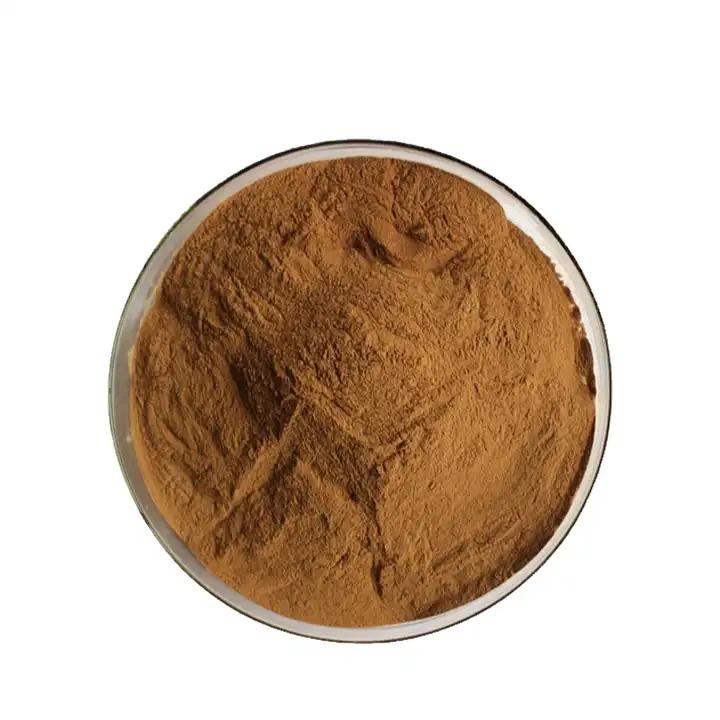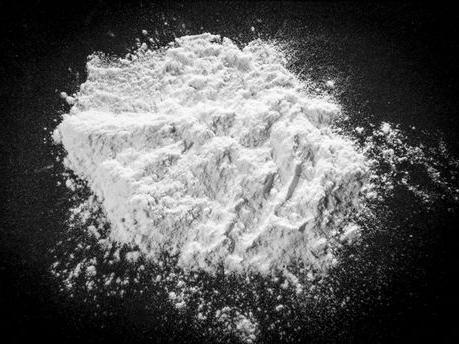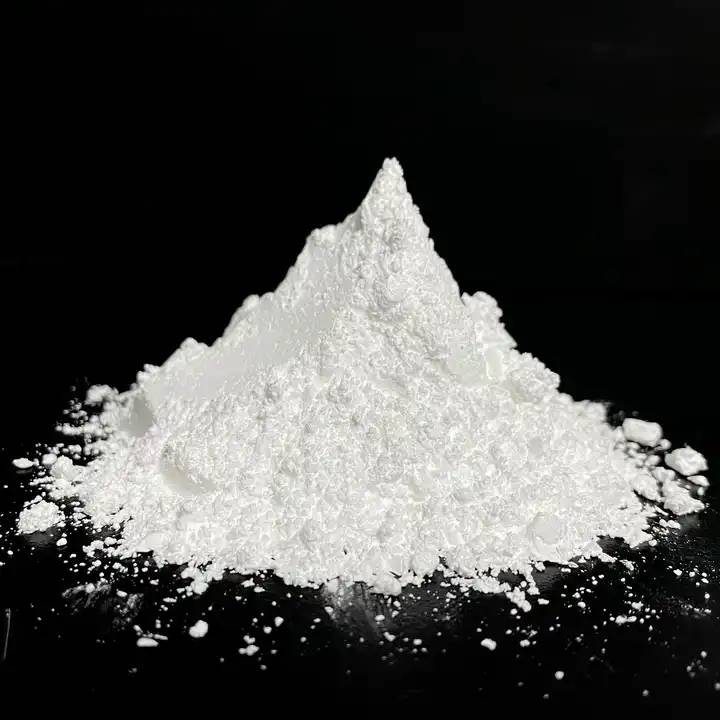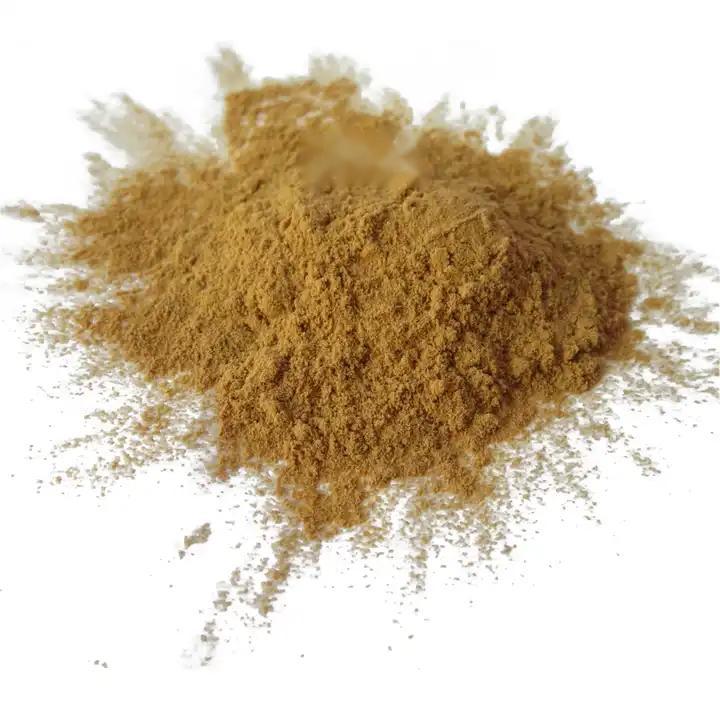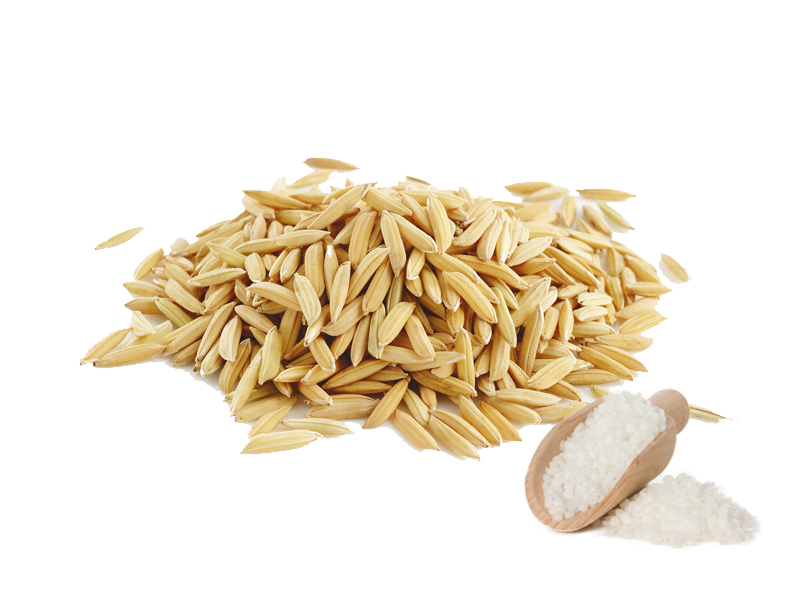Polvo de ácido poliglutámico de grado agrícola 25%
Nombre del producto: Polvo de ácido poliglutámico
Ensayo :≥25%
Grado: agrícola
Método de ensayo :HPLC
Aspecto: polvo amarillo
Residuos de plaguicidas: cumplir con la norma (CE) n º 396/2005
- descripción
- Hoja de datos
- Certificado de certificado
-
¿Qué es el ácido poliglutámico de calidad agrícola?
El ácido poliglutámico de grado agrícola es generalmente ácido poliglutámico de bajo peso molecular con peso molecular ≥ 10000 Da y contenido ≥ 25%. El ácido agrícola grado γ -poliglutámico tiene un gran número de enlaces de hidrógeno entre las cadenas, por lo que tiene buena solubilidad. Un gran número de enlaces peptídicos existen en la cadena principal de este ácido poliglutámico, que puede ser degrada en péptidos cortos no tóxicos y monómeros de aminoácidos, por lo que tiene una excelente biocompatibilidad y biodegradabilidad. Polvo de ácido poliglutámico de grado agrícola también tiene una buena retención de agua, ya que tiene un gran número de grupos carboxilo libres en la cadena principal, por lo que tiene una fuerte absorción de agua y retención de humedad.
En el proceso de promover el crecimiento de las plantas, el papel del ácido poliglutámico de grado agrícola se divide principalmente en tres etapas. En primer lugar, el ácido poliglutámico aplicado al suelo puede ser envuelta alrededor del fertilizante debido a su estructura macromolecular única, que puede desempeñar el papel de la retención de agua y reducir la pérdida de agua y fertilizante, y al mismo tiempo, puede quelatar los oligoelementos en el suelo y mejorar la estructura del suelo.
Con la degradación natural de la estructura macromolecular en el suelo en péptidos y péptidos pequeños, tiene un efecto bioestimulante, que puede aumentar en gran medida la eficiencia de la fotosíntesis de la planta y mejorar el rendimiento de resistencia. En última instancia, el ácido poliglutámico se degrada naturalmente a monómero, que es absordirectamente por los cultivos como nutrición de aminoácidos. Bajo el efecto sinérgico de los tres procesos, finalmente se logra el propósito de mejorar el suelo y aumentar el rendimiento de los cultivos.
Polvo de ácido poliglutámico de grado agrícola 25% suministrado por la tecnología de primavera verde es una clase de poliaminohecho por la polimerización de monómeros de ácido glutámico a través de enlace ftalamida, que es un tipo de biopolímeros, aminoácido preparado por fermentación microbiana, con las ventajas de super adsory no toxicidad. Primavera verde tiene un sistema sistemático de gestión de la calidad, que implementa estrictamente el sistema de gestión de la calidad y organiza la producción de acuerdo con ISO, HACCP y otras normas de calidad. Hemos aprobado Halal, Kosher, COSMOS, BRC, IFS, FDA, ISO y muchas otras certificaciones. Podemos proporcionar informes de prueba autorizados de terceros.
Especificaciones:
Nombre del producto
Polvo de ácido poliglutámico de grado agrícola
CAS No.
25513-46-6
Ensayo ensayo
25%
grado
Grado agrícola
Método de ensayo
HPLC
apariencia
Polvo amarillo
Residuos de plaguicidas
Cumplir con la norma (CE) n º 396/2005
Normativa:
Se ajusta a la normativa de la UE.
¿Busca un presupuesto?Benefits:
Superb Water Retention
Polyglutamic acid molecule contains more than 1000 super hydrophilic groups (-COOH). It can fully retain water in the soil, improve the bulkiness and porosity of sticky soil, and improve the fertiliser and water retention capacity of sandy soil. When used in flooded soil, it forms a film on the surface of plant root hairs to protect them. It effectively improves fertiliser dissolution, storage, transport and absorption.
Especially in arid and semi-arid areas where water is scarce or scarce, or in areas where drip irrigation and water-fertiliser integration are applied, the use of polyglutamic acid powder can greatly improve the utilisation of water and fertiliser. Keep the water and nutrients effectively distributed around the root system, more absorbed and utilised by the plants, and reduce the water and fertiliser loss caused by evaporation, seepage and so on.
Promote the Absorption of Phosphate Fertilizer and Trace Elements
Polyglutamic acid has multi-anionic properties, which can effectively prevent sulfate, phosphate, oxalate, carbonate, and other ions from combining with calcium ions, magnesium ions and trace elements. It avoids the production of low solubility salts and precipitation and therefore promotes the absorption and utilisation of nutrients such as trace elements and phosphate fertilisers. It also improves the exchange capacity of cations in the soil and temporarily stores and adsorbs cations. For example, calcium ions, magnesium ions and other trace elements such as iron, manganese, copper, zinc and other cations, and then slowly released into the soil to replenish.
Adjusting the pH of the Soil
Polyglutamic acid powder has excellent buffering ability for acids and alkalis, and can effectively balance the soil pH value. Avoid acidic soil and soil fragmentation caused by long-term use of chemical fertilizers. Taking the Jiaodong Peninsula as an example, many apple orchards experience soil acidification. After applying about 1 liter of polyglutamic acid fermentation broth per acre, it was observed over time that polyglutamic acid can significantly increase the pH value of acidic soil by 1-2 times. It improves fruit tree diseases such as bitter pimples caused by acidification, while also improving fruit quality. In addition, polyglutamic acid powder has a good regulatory effect on salinization caused by seawater backflow and secondary acidification caused by excessive use of chemical fertilizers.
Enhance Plant Resistance
Polyglutamic acid improves the content of proline in plants, increases the metabolic capacity of crop cells, and improves the efficiency of photosynthesis and the resistance of plants.
Protecting Plant Roots
Polyglutamic acid powder can stimulate the growth of root hairs and new roots, and form a film on the surface of root hairs. It not only protects the root hairs, but also increases the contact area between the nutrients and water in the soil and the root hairs, retaining water and fertiliser and increasing the supply of effective nutrients.
Enhance Crop Resistance to Disease and Adversity
Polyglutamic acid powder itself has a natural promotional effect on plant roots, stimulating the new growth of root hairs and root growth, thus enhancing the ability of the underground part of the plant to absorb nutrients, effectively ensuring the normal absorption of water and nutrients in the event of drought, waterlogging, and low temperatures and other adversities, and buffering drought, waterlogging, and cold and other adversities on the plant root system caused by the damage.
Applications:
In the Agriculture Field:
Polyglutamic acid in agriculture can substantially improve crop water absorption, increase soil water retention, permeability, and improve the utilisation of nitrogen fertiliser.
In Cosmetics:
Polyglutamic acid powder as a cosmetic raw material, can beautify and whiten the skin all-round moisturising, gently inhibit tyrosinase activity as well as inhibit the production of melanin, which can deeply moisturise and lighten the skin.
In the Food Field:
The food field mainly applies polyglutamic acid powder with a molecular weight of about 200,000, which is used as a preservative and additive.
-
Get Your Free COA


 inglés
inglés francés
francés español
español ruso
ruso coreano
coreano Japonés japonés
Japonés japonés



